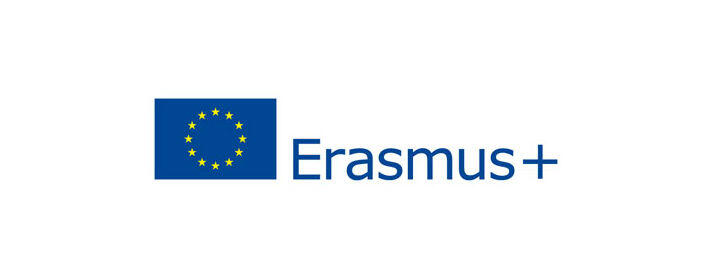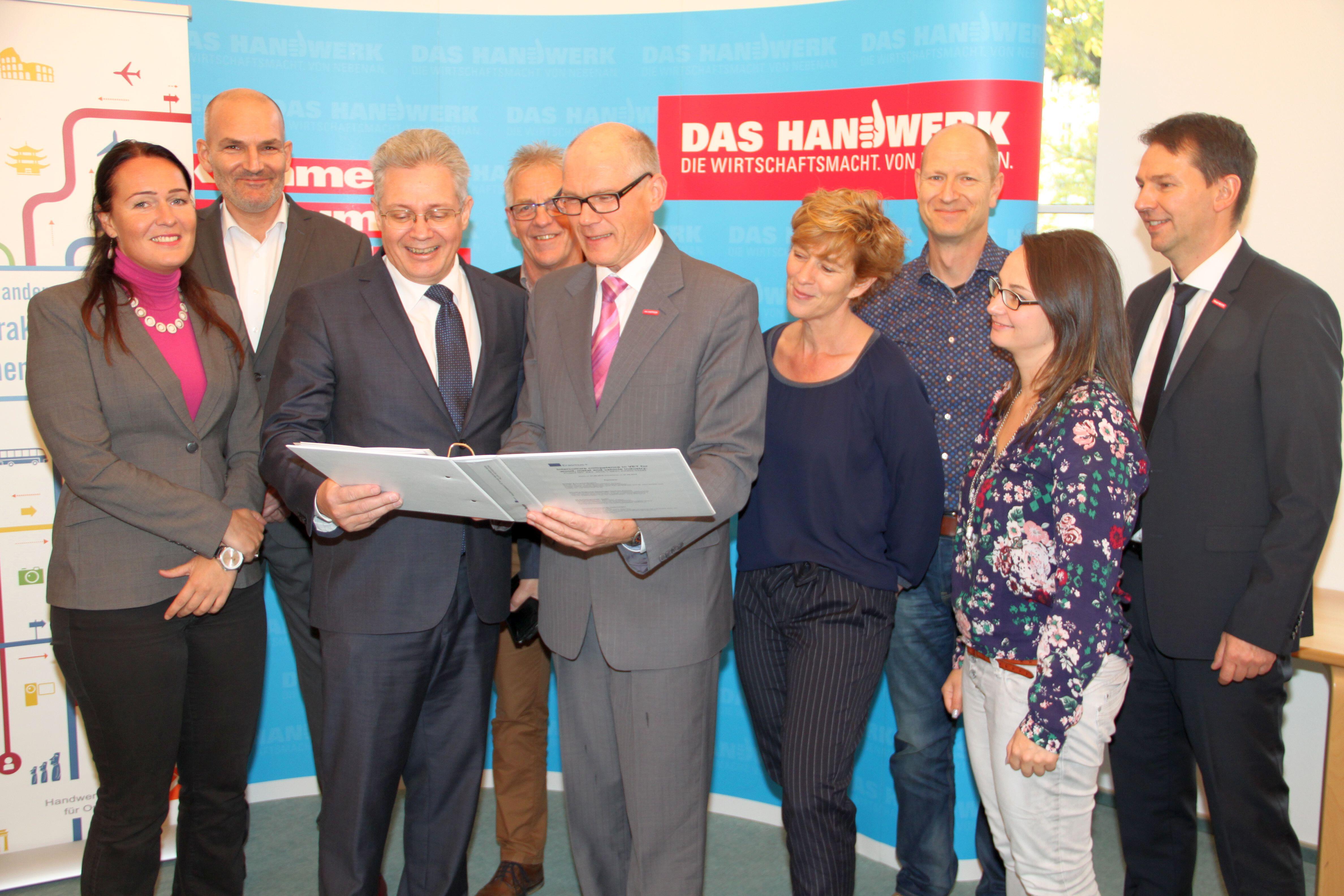European project for Intercultural competence
Erasmus+ has granted support for a new project that aims to develop transnational practices and tools for Intercultural competence in Vocational Education & Training (VET) for wood, metal and vehicle industry. More people than ever before are seeking asylum in EU. Government Offices and other agencies are working intensively to increase the capacity of the reception and the establishment of new arrivals and solve the great challenges that exist. But no country can handle this challenge alone. It is a need of shared responsibility between the countries of the EU.
This project will develop tools for intercultural competence for VET staff and work based mentors to facilitate the transition for refugees to employment as e.g. woodworkers, vehicle mechanics and metal industrial workers in industries that demand labour. Recently Mrs Marlis Tepe, president of GEW (Gewerkschaft Erziehung und Wissenschaft) the largest teacher union in Germany pointed out the need of intercultural competence. It is likely to believe that VET staff and work-based mentors has a need of intercultural competence to support and motive learners and apprentices and to more effectively achieve the learning outcomes of VET-learners with multiple cultural background as well. It is a win-win situation if bottle necks can be reduced for the large number of new arrivals to get jobs in the industry that has a great need for workers. Industries in wood, metal and vehicle is screaming for employees’.
Only in the Netherlands the industry need to enlist thousands employees during the three-year period. Many companies in industry have difficulty finding new staff with the right skills, particularly in terms of technicians and mechanics. At the same time new arrivals need to establish at the labour market. VET is an important puzzle piece for integration and will face new challenges for many years to come. The application is developed by Amledo & Co. (www.amledo.com/en) in collaboration with the ‘Handwerkskammer für Ostthüringen’ in Gera, Germany (www.hwk-gera.de), bit Schulungscenter GmbH, Austria (http://www.bit.at/en) and Aventus in The Netherlands. The project runs from 2016 to 2019.
Delivery and availability of ‘progress report’:
After a successful delivery of the 'Global report', the next phases of the project have been successfully finalized, resulting in the following documents:
- 'Quality Criteria report' This report gives an overview of the quality criteria we defined in order to support teachers and teaching staff in teaching and developing a suitable learning environment for refugees in the vocational education field.
- 'Learning Objectives' This document identifies and describes the Learning Objectives (LOs) which can lead to the acquisition of the required skills.
- 'Mentors Manual’. With this manual we intend to provide a compact overview (16 modules) about skills and competences which proved to be crucial for teaching activities, especially with the target group of refugees and migrants.
- ‘E-learning module’ With this link you get access to E-learning/on-line course ‘Intercultural competence in VET for wood, metal and vehicle industry’. Via this course you will find help to improve skills and competences which proved to be crucial for teaching activities, especially with the target group of refugees and migrants. The intention is that you should be able to use what you consider to be interesting and evolving in your own daily life as a professional teacher, workplace mentor or responsible competent manager within a company.
If you want any further information. Please contact Durk van Wieren (d.vanwieren@aventus.nl).
The project has support from the Erasmus+ program under the name: Intercultural competence in VET for wood, metal and vehicle industry: 2016-1-SE01-KA202-022082.

